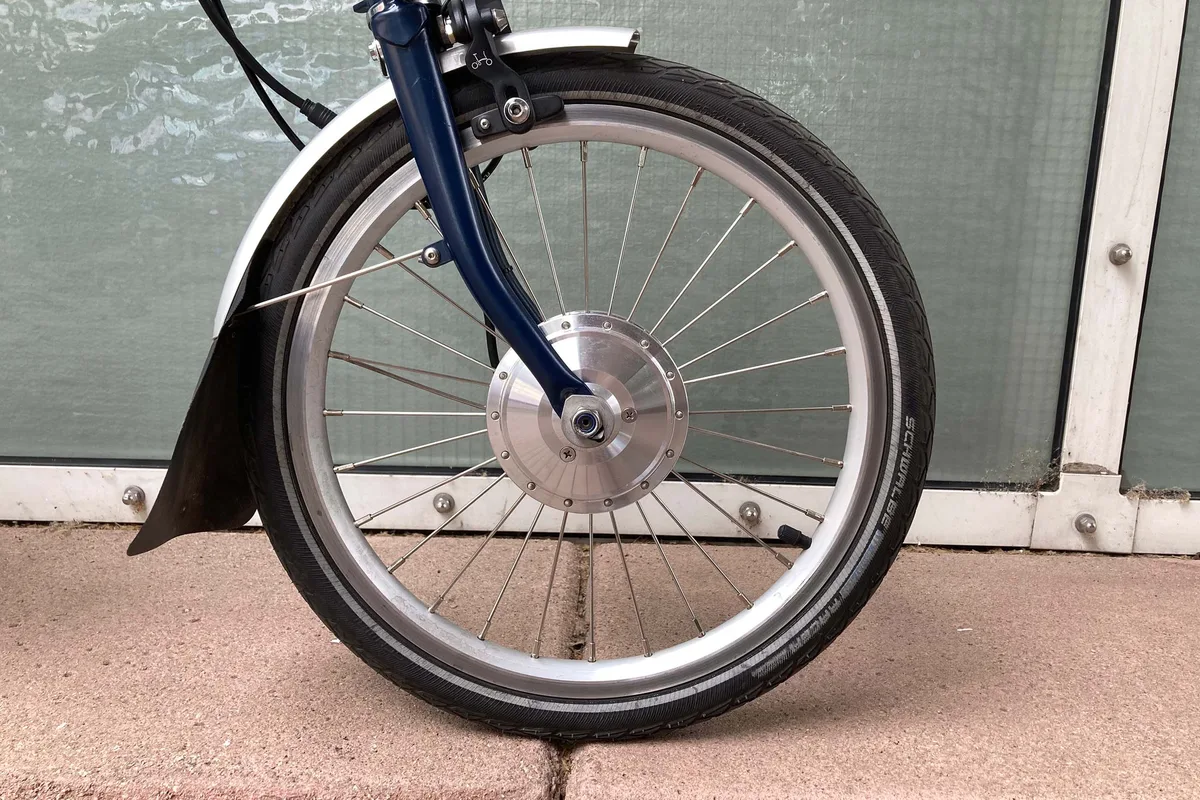Tips For Negotiating the Price When Buying a Car
Buying a new car is a major investment. But it doesn’t have to be a stressful process. Arming yourself with knowledge and negotiating strategies could make the difference in getting a fair price for your car.
A few key tips for negotiating the price when buying a car include: focusing on total price, asking for a breakdown of fees and staying firm.
1. Know Your Limits
In car sales negotiations, it’s important to know your limits. You can easily get caught up in the excitement of buying a new vehicle, but you should never go over your budget.
A good tip is to bring an extra set of eyes to the negotiation process, like a friend or family member. They can help evaluate your needs, ask questions and provide a second opinion on your decisions.
It’s also a good idea to focus on the total price of the vehicle when negotiating. Dealers may be tempted to reduce your monthly payments by stretching out the repayment term of the loan, but this will result in you paying more for the car over time. It’s best to negotiate one thing at a time, such as the price of the vehicle, then move on to other topics like trade-ins and financing terms.
2. Take a Test Drive
Whether you’re at a dealership or looking at vehicles from private sellers, you should always take a test drive. It’s the only way to figure out if the vehicle is right for you. Do your research beforehand, including reading reviews and checking prices.
During the test drive, focus on the powertrain, which includes the engine and transmission. Does it accelerate quickly, merge smoothly and navigate freeway entrance ramps? Take notes to help you compare vehicles.
If you get emotionally attached during a test drive, it can be tough to stay focused on the price. You may fall prey to the “low monthly payments, low interest” sales pitch that can result in a much higher price overall. Be ready to walk away if necessary. It’s worth it to buy the right car for the right price.
3. Be Prepared
Whether you’re buying a car or negotiating with a private seller, it helps to approach the transaction as a business deal. Unchecked emotions can give the salesperson a lot of power over you and make it hard to get the best deal.
Research the vehicle’s price ahead of time. Check prices on websites like Edmunds and Kelley Blue Book, and keep in mind that automakers usually provide a suggested retail price (also known as the Monroney sticker) that’s subject to negotiation.
Don’t focus on the monthly payment when negotiating, as this gives the dealer room to move around other variables in your favor. Instead, start with an offer lower than what you’re willing to pay and build from there. Also, be ready to address fees such as dealer preparation, extended warranties and VIN etching.
4. Stay Firm
It’s important to be firm, especially when you’re negotiating. If you’ve done your research, you should have a strong idea of what the car is worth and how much you are willing to pay for it. Start negotiations with a figure that is 15 to 25 percent lower than the dealer’s initial offer, and stick to it.
Dealerships will try to get you to focus on your monthly payment, which is why it’s important not to tell them the top of your budget. Doing so gives them too much leeway to negotiate good deals in one area and make up for it with higher prices in another. Instead, discuss each aspect of the transaction separately. This will help you avoid getting ripped off by dealers and their tactics.
5. Be Flexible
Buying a car can be stressful, but with proper preparation, you could find yourself driving away in your dream vehicle for a much more reasonable price. You’ll want to have strategies when it comes to negotiating with dealerships, which may include challenging unnecessary dealer add-ons like paint and fabric protection, extended warranties and VIN etching.
Dealerships often target new car buyers and lure them into a deal by focusing on the monthly payment that fits their budget. This gives them the leeway to manipulate other numbers and overpay for the car.
Instead, negotiate on the price of the car first and then discuss your trade-in or loan terms. Research the dealer’s invoice and fair market value of the model you are interested in. It’s also helpful to know what other dealers are charging for similar vehicles in your area.












